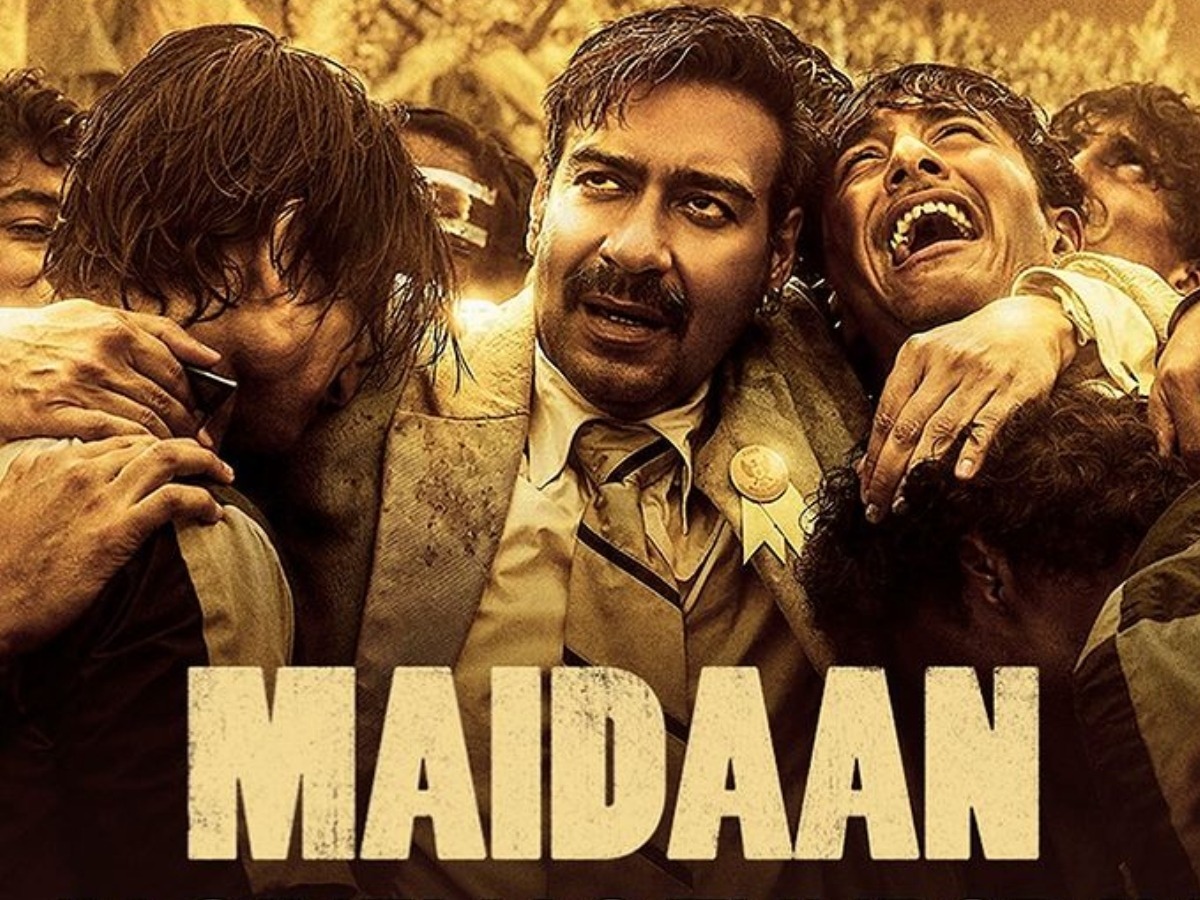The heart of ‘Maidaan’ lies in the inspiring real-life story of Syed Abdul Rahim, a pioneering football coach and manager who led India to victory in the Asian Games of 1951 and 1962. Rahim’s ability to galvanize a young team against formidable opponents like Indonesia and South Korea is central to the film. Despite Rahim’s struggles with lung cancer and India’s subsequent inability to make an international impact in football, the ‘Maidaan’ team deserves recognition for bringing his story to light. Football, rather than cricket, takes center stage in this Bollywood sporting drama, highlighting Rahim’s significant but now forgotten legacy.
Also read:Delhi High Court rejects Arvind Kejriwal’s plea challenging his arrest by ED
Indian Football’s Legacy: Rahim Sa’ab’s Influence and Team Composition
It matters a great deal that the man was Muslim, a brave choice in today’s India. The real-life Rahim, called Rahim Sa’ab, born in Hyderabad, but most of his battles were fought and won in Calcutta, the bastion of Indian football. It also matters that the rag-tag team that Rahim, played with patent sincerity — and only a hint of the slo-mo swagger — by Ajay Devgn, has the kind of composition so syncretic that it makes you ache with nostalgia: players of all regions and religions jostling in the changing room and in the field, trying to function as a single-minded fighting machine.
‘Maidaan’: Balancing Exposition and Action, Mixed Performances
‘Maidaan’ also tends to get into an explanatory tell-don’t-show mode often. And the templates of a sporting drama stay templated: an encouraging-speech-by-coach-just-before-a-crucial-match comes off more a colourless long dialogue on the ‘power of one’, than a rousing let’s-go-and-get-’em anthem.
Also read:Pune: Condoms, stones, gutkha etc found in samosas served in Tata Motors Company
The performances are all effective. Gajraj Rao, sporting a terrible wig and permanent smirk, is terrific as the spiteful sports journalist with an axe to grind. As is Ghosh, as the unctuous, shingara-loving babu who revels in his power and has zero affection for the sport. These tend to become one-note sometimes, but work for the kind of film it is, in which nuance is sacrifice for statement.
Also read:Indian Railways’ Ambitious 100-Day Plan Includes 24-Hour Ticket Refund Scheme, Introduction of New Super App

